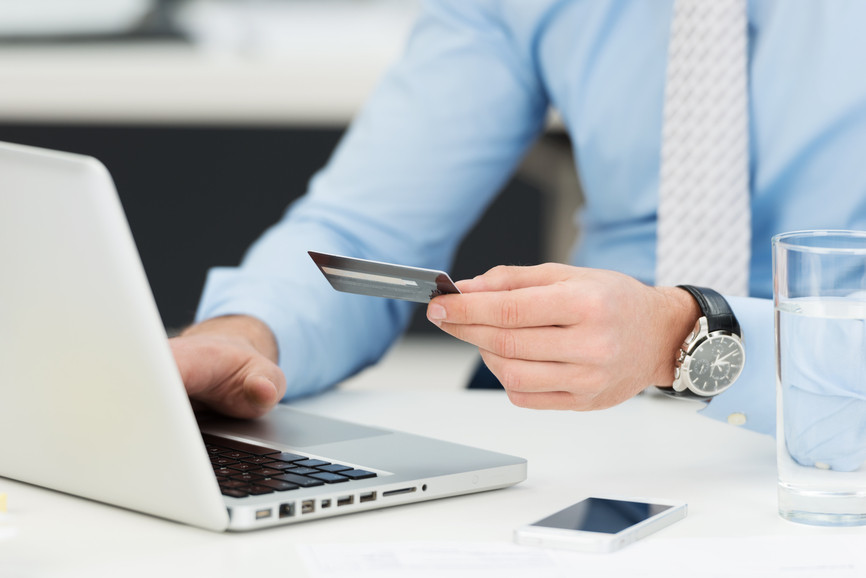צוות iSavta | 13.11.2019

(This article is written in mind for my fellow Foreign Workers in Israel.) For most of us banking online is still a foreign idea due to the fact that we have only a vague idea on how to do this. We are comfortable with what we know which is to go to the bank, line up and talk to a bank clerk. The fact that we read and hear bad news daily regarding online banking keep on fueling that fear that prevents us from learning about what Online Banking really is. This is not a reason not to modernize our old ways of dealing with our money transactions. Soon, all financial transactions will be done online. Nothing is wrong with doing transactions the old way but avoiding online banking will not make your account anymore secure or add more cents to your savings. Why do we need to learn Online Banking(OBL)? - The days of carrying huge amount of cash is nearly over. - It is usually free to enroll in online banking. - Banks from our countries are getting competitive, pushing the use of digital transactions like updating. - Bank E-cards are issued instead of passbook. - Almost all aspect of our life will be done online. Traveling, booking events, paying taxi fare... You name it, all these services are using online banking or e-payments. Online or digital banking is a product of the internet. Technology trend is changing and upgrading faster than we can grasp nor imagine. Information is literally on our fingertips through the internet. And as you read this, human imagination is churning out new innovations with the intention of making our daily routines less complicated. 1. What is online banking? Cambridge dictionary “The system that allows you to put in or take out money from a bank account by using the internet.” Online Banking (OLB) is using any device (ex. desktop/ laptop /mobile/ ipad/ tablet ) which has internet connection to do transaction on the financial institutions website. Financial institutions are entities that deals with financial transaction, in other words, MONEY. Example: Banco de Oro in the Philippines Bank of India Nepal Rastra Bank Bank of Ceylon in Sri Lanka Paypal Israel Post Visa/Mastercard Doar Bank Banking transactions are varied but generally you can: A. Update, check how much you have in your account and print a copy of your transactions. B. Digital payments. Pay bills like your children’s tuition fees, utility bills and other online bills that accepts digital payments (ebay, amazon etc.) C. Electronic money transfer from your bank to another bank cost less and of course safer compared when you are holding hard cash, a target for criminals. and more services depending on your bank.... Online transactions are done directly through accessing your own account, through e-mail, customer service hotline or online web chat box of the bank. 2. How to start using Online Banking(OBL)? You need an active bank account in your preferred bank which offers online banking. Ask for information from people who you trust and knows more than you do. A. Go visit your bank’s website. If you don’t know the website, Google it! B. Read all the information provided. It’s FREE! C. Fill up the online form requesting an enrollment for online banking. D. Wait for the electronic confirmation and approval usually through your e-mail. There you go! No sweat. 3. How to protect your money when using Online Banking? Ask information from reliable people like your employer, if you trust them. Call the free hotline of your bank. A. Buy your own personal device (ex. laptop, mobile, desktop) in using online banking. Do not use other people’s device as much as possible. If you do, make sure to erase all the your information typed. B. Create an e-mail and a password to be used only for your online banking. DO NOT USE THE SAME EMAIL AND PASSWORD YOU USED IN FACEBOOK OR OTHER SOCIAL MEDIA. C. Buy and install an antivirus software for any of your device. Antivirus can be bought online or in computer shops. Free antivirus is good but not for online banking. D. Always double check text/email or any communication coming from your bank especially those asking for PIN and Account Number. Call the hotline or toll-free number provided by the bank, NOT to any number sent thru text or email. E. Use a secure internet connection when accessing your bank account. Do not use free public wifi. Scammers are one step ahead of their victim and are creative so educate yourself to be aware of their tactics to avoid the mistake of giving your account and pin number during a panic attack. 4. Advantages of using Online Banking A. It’s safer than carrying cash. B. Saves time. No more rushing and waiting on line. Check your account 24/7 anywhere. C. Easily detect any fraud or unauthorized transaction thru email/phone alerts. D. Less paper clutters means less garbage and you are contributing for the good of the environment. *The disadvantage of banking online is security but employing security measures above will minimize if not avoid compromising your account. RESEARCH the right information, ladies and gentlemen, is the key word. After all, googling is free. *** Many thanks to Mari for this great article!



